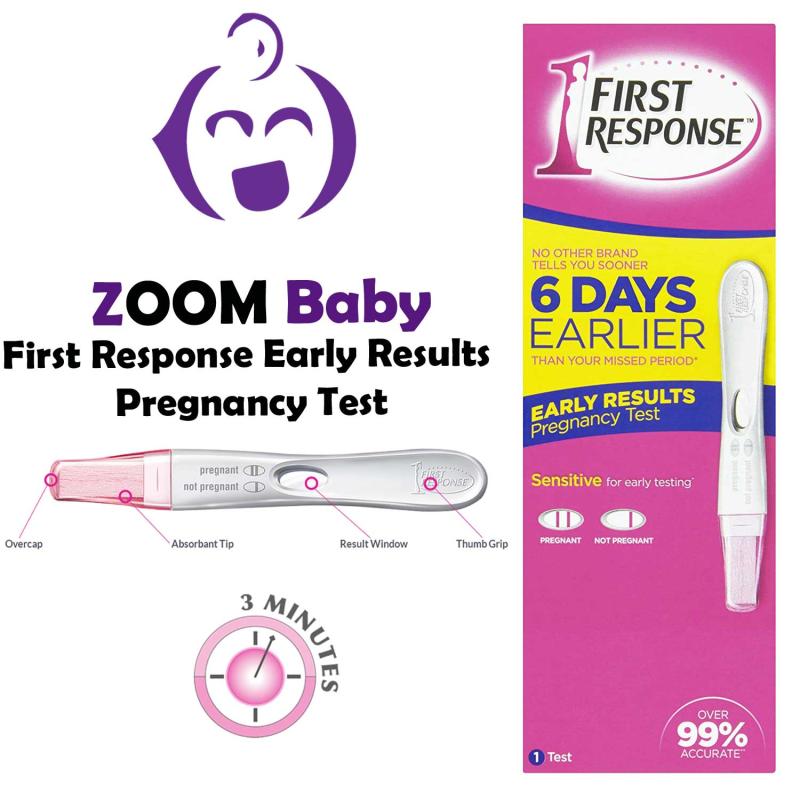What can cause a pregnancy test to be positive?
A positive pregnancy test result indicates the presence of human chorionic gonadotropin (hCG) in the body, a hormone produced during pregnancy. There are several factors that can cause a pregnancy test to be positive:
Implantation of the Embryo:
- After fertilization, the developing embryo travels down the fallopian tube and into the uterus. Once it reaches the uterus, it implants into the lining of the uterus, a process known as implantation. After implantation, the embryo begins to produce hCG, and its presence in the body can be detected by a pregnancy test.
Timing of the Test:
- The accuracy of a pregnancy test depends on the timing of the test relative to the menstrual cycle. For most accurate results, it is recommended to take a pregnancy test after a missed period. Testing too early may result in a false-negative result.
Quality of the Test:
- The sensitivity and reliability of pregnancy tests can vary. Some tests are more sensitive and can detect lower levels of hCG earlier in pregnancy. High-quality, reputable pregnancy tests are more likely to provide accurate results.
Concentration of hCG:
- The concentration of hCG in the body increases rapidly during early pregnancy. Factors such as the time of day, the amount of fluids consumed, and how dilute the urine is can affect the concentration of hCG and, consequently, the test results.
Medications and Medical Conditions:
- Certain medications or medical conditions may influence hCG levels and potentially affect the results of a pregnancy test. For example, fertility medications containing hCG can lead to a false-positive result.
Ectopic Pregnancy:
- In some cases, a positive pregnancy test may indicate an ectopic pregnancy, where the embryo implants outside the uterus, usually in the fallopian tube. Ectopic pregnancies are not viable and require immediate medical attention.
Chemical Pregnancy:
- A chemical pregnancy occurs when an embryo is fertilized but fails to implant or implantation is not sustained. In such cases, hCG is produced, leading to a positive pregnancy test, but the pregnancy is not viable and may result in an early miscarriage.
It's important to note that while false-positive results are less common than false-negative results, no pregnancy test is 100% foolproof. If there is uncertainty about the results or if unexpected symptoms occur, it is advisable to consult with a healthcare professional for further evaluation and confirmation of pregnancy. Additionally, for accurate results, it's crucial to follow the instructions provided with the pregnancy test kit and choose a reliable and reputable brand.
What factors other than pregnancy can lead to a positive result on a pregnancy test?
Here are some factors other than pregnancy that can lead to a positive result on a pregnancy test:
Evaporation lines: These are faint lines that can appear on the test strip after it has dried, even if there is no hCG present. They are caused by the evaporation of urine or water on the test strip.
Medications: Certain medications, such as fertility drugs, hormone replacement therapy, and some types of antidepressants, can contain hCG or other substances that can trigger a false-positive result.
Recent pregnancy or miscarriage: If you have recently been pregnant or had a miscarriage, hCG can remain in your system for several weeks after the pregnancy has ended. This can cause a false-positive result on a pregnancy test.
Medical conditions: Some medical conditions, such as ovarian cysts, hydatidiform mole, and certain types of cancer, can produce hCG or other substances that can mimic hCG.
Errors in test administration: If you do not follow the instructions for the test exactly, you may get a false-positive result. This can include things like using the wrong amount of urine, not reading the test results within the recommended timeframe, or storing the test in extreme temperatures.
If you have a positive pregnancy test result, it is important to see a doctor to confirm the pregnancy and rule out any other possible causes of the positive test.












